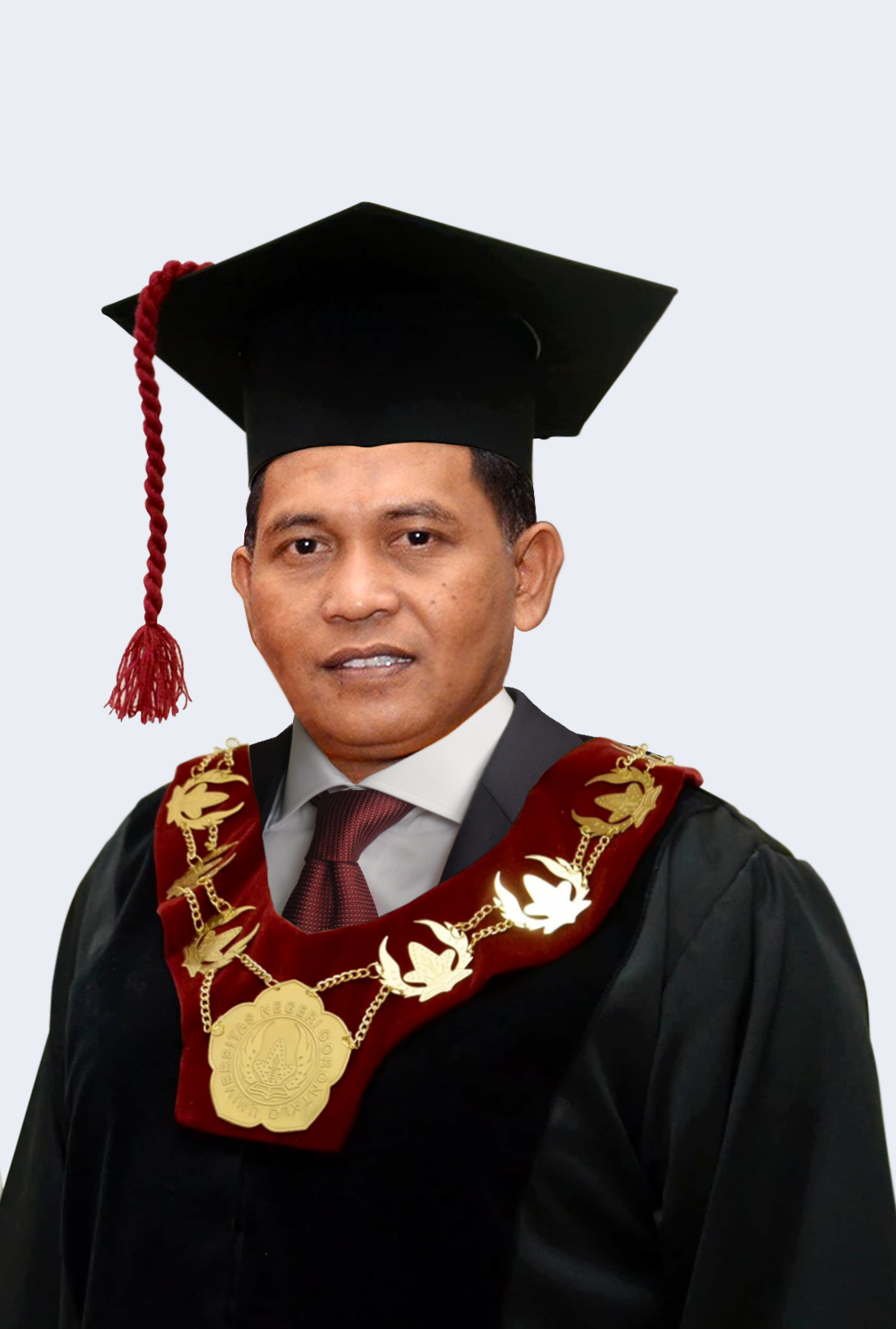Mohamad Ikbal Bahua
@ung.ac.id
Faculty of Agriculture
State University of Gorontalo
Prof. Dr. Mohamad Ikbal Bahua, S.P., M.Si
RESEARCH INTERESTS
Extension Agriculture
Community Development
Agriculture Science
Scopus Publications
Scopus Publications
I. Idaryani
The goal of the study was to determine the impact of applying bio urine fertilizers on soil chemical properties and rice yield in order to improve soil fertility. Randomized complete block design with 10 kinds of treatment had adopted in this study for three times. As part of the treatment, bio urine fertilizer and NPK fertilizer are used at various levels. As a result of these findings, the use of bio urine in conjunction with NPK fertilizer had a significant impact on pH as well as total N as well as available P and K as well as absorption of N, P and K, strawweight, dry grain weight and 1000 grain weight. As a result, rice plants can absorb more nutrients such as organic C, total nitrogen, existing P, K, N, P and K when combined with NPK fertilizer. 5.65 t ha-1 of rice was harvested using 30 ml of bio urine and 75 percent NPK fertilizer, while 4.01 t ha-1 of rice was harvested using the farmer's (control) method of treatment. It's 165.66 percent. When used at this dosage, the fertilizer is more in effect than standard fertilizers, and its economic test magnitude is about 1.42, making it a good choice for rice farming.
Y T Walangadi, M I Bahua, M A Arham, and M H Jamil
IOP Publishing
E B Demmallino, M S S Ali, Rahmadanih, A Ahmad, and M I Bahua
IOP Publishing
Mohamad Ikbal Bahua and Hayatiningsih Gubali
Agrivita, Journal of Agricultural Science (AJAS)
The transplanting system is a common method in rice cultivation, whereas the direct seed planting system combined with the application of organic fertilizer is rarely applied. This study aimed to determine the impact both the direct seed planting system and the application of liquid organic fertilizer the growth and production of rice. The research used the factorial randomized block design, direct seed planting system tested by the transplanting system and application of liquid organic fertilizer doses 25, 35, and 45 l/ha. The observed variables were plant height, number of tillers, productive tillers, panicle length, weight of 1000 rice grains, and grain yield of plots. Data were analyzed by analysis of variance with 5% LSD test. The results revealed that direct seed planting system and application of liquid organic fertilizer impact the growth and yield of rice. The application of liquid organic fertilizer a dose of 45 l/ha gave the highest influence among all observed variables. There is a correlation between the treatment of the planting system and the application of liquid organic fertilizer on the growth of the number of tillers and productive tillers. The direct seed planting system increases the yield of rice more than the transplanting system.
M I Bahua and D O Suparwata
IOP Publishing
The aim of this study is to analyze the level of participation of the society and analyze the correlation of internal and external factor with the level of participation from the society. This research was done in Randangan watershed in Pohuwato district, Gorontalo Province from Februari to April 2017. The population of the research is 150 people with 60 respondents that is chosen through random sampling. The data were collected through structured interview with questionnaire. The data were analyzed with class interval analysis (low, average, high), with sperman rank correlatioon analysis, and with descriptive analysis. The result of the research showed that the participation of the society is in low category in terms of determining the rehabilitation location (65.0% is not participated) and evaluation for planting monitoring (68.3% does not participate), and average participation on implementing seeding (55,0% participated), seeding (58.3% participating). Among the internal and external factors of the society, the one that has a significant relation is α = 0.05 is the level of program socialization is in implementing seeding (0.299). This indicates that the better the socialization the better the knowledge of the society in participating in implementing seeding

